US lawsuit against Apple: What will happen to iPhone and Android?

19:08 25/03/2024

2 phút đọc
Commentary: The US government is asking Apple to expand access to the iPhone, just as smartphones could be entering the next phase of pivotal change.
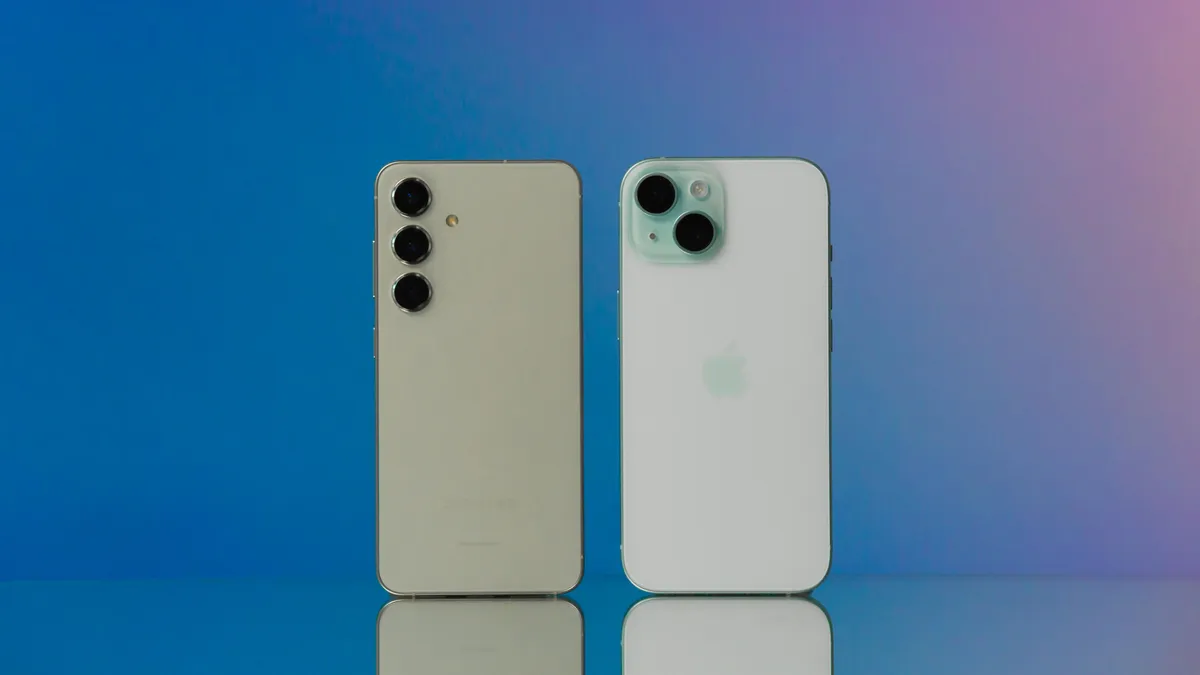
The eternal debate: iPhone or Android? Maybe you chose your side a long time ago and never looked back.
A landmark antitrust lawsuit is taking aim at this, demanding that switching between the world’s two largest mobile operating systems be made easier. The charge, brought by the U.S. Department of Justice and 16 state and district attorneys general, accuses Apple of keeping iPhone users locked in its ecosystem through monopolistic practices that cause churn. This system becomes difficult.
The 88-page lawsuit claims that Apple’s tight control over software, hardware and the app store makes third-party apps and smartwatches significantly less attractive to consumers. iPhone users. This stifles innovation and results in consumers having fewer choices. Most importantly, the lawsuit alleges these policies make it difficult for iPhone users to switch to the Android operating system due to the barriers placed in place.
Anyone who uses a smartphone is probably familiar with the “green bubble” problem, representing the differences between iPhone and Android. While the complaints are mainly related to messaging, the problem goes beyond that to include the app store, Apple Wallet and Apple Watch.
This last part is important because it calls into question Apple’s entire approach to the ecosystem. Over the years, the App Store has come under scrutiny from regulators and critics, as evidenced by the high-profile legal battle between Apple and Epic Games, the maker of Fortnite. The Department of Justice’s antitrust lawsuit goes even a step further, pushing for the iPhone to become more open and less platform-dependent at a fundamental level.
“Typically, they just target the App Store,” said Gene Munster, a longtime Apple observer and managing partner at Deepwater Asset Management. ‘But in this case, they’re aiming for both iPhone and App Store user retention.’
It is currently difficult to predict the outcome of the lawsuit and it will likely take many years to know. However, this lawsuit raises big questions about how smartphone platforms should work together. Coincidentally, the lawsuit takes place right at a time when technology giants are building the foundations for the next big change in smartphones – artificial intelligence-based interfaces. The outcome of this lawsuit could affect how future plans play out.
Bài viết liên quan
Palm Mini 2 Ultra: Máy tính bảng mini cho game thủ
Robot with smart grip
NASA’s goal of conquering the Sun
Apple launches a new feature that makes it easier to use your phone while sitting on vehicle
Google Photos launches smart search feature “Ask for photos”
Roku streams live MLB baseball games for free
Gun detection AI technology company uses Disney to successfully persuade New York
Hackers claim to have collected 49 million Dell customer addresses before the company discovered the breach
Thai food delivery app Line Man Wongnai plans to IPO in Thailand and the US in 2025
Google pioneered the development of the first social networking application for Android
AI outperforms humans in gaming: Altera receives investment from Eric Schmidt
TikTok automatically labels AI content from platforms like DALL·E 3
Dell’s data was hacked, revealing customers’ home address information
Cracking passwords using Brute Force takes more time, but don’t rejoice!
US lawsuit against Apple: What will happen to iPhone and Android?
The UAE will likely help fund OpenAI’s self-produced chips
AI-composed blues music lacks human flair and rhythm
iOS 17: iPhone is safer with anti-theft feature
Samsung launches 2024 OLED TV with the highlight of breakthrough anti-glare technology

REGISTER
TODAY
Sign up to get the inside scoop on today's biggest stories in markets, technology delivered daily.
By clicking “Sign Up”, you accept our Terms of Service and Privacy Policy. You can opt out at any time.



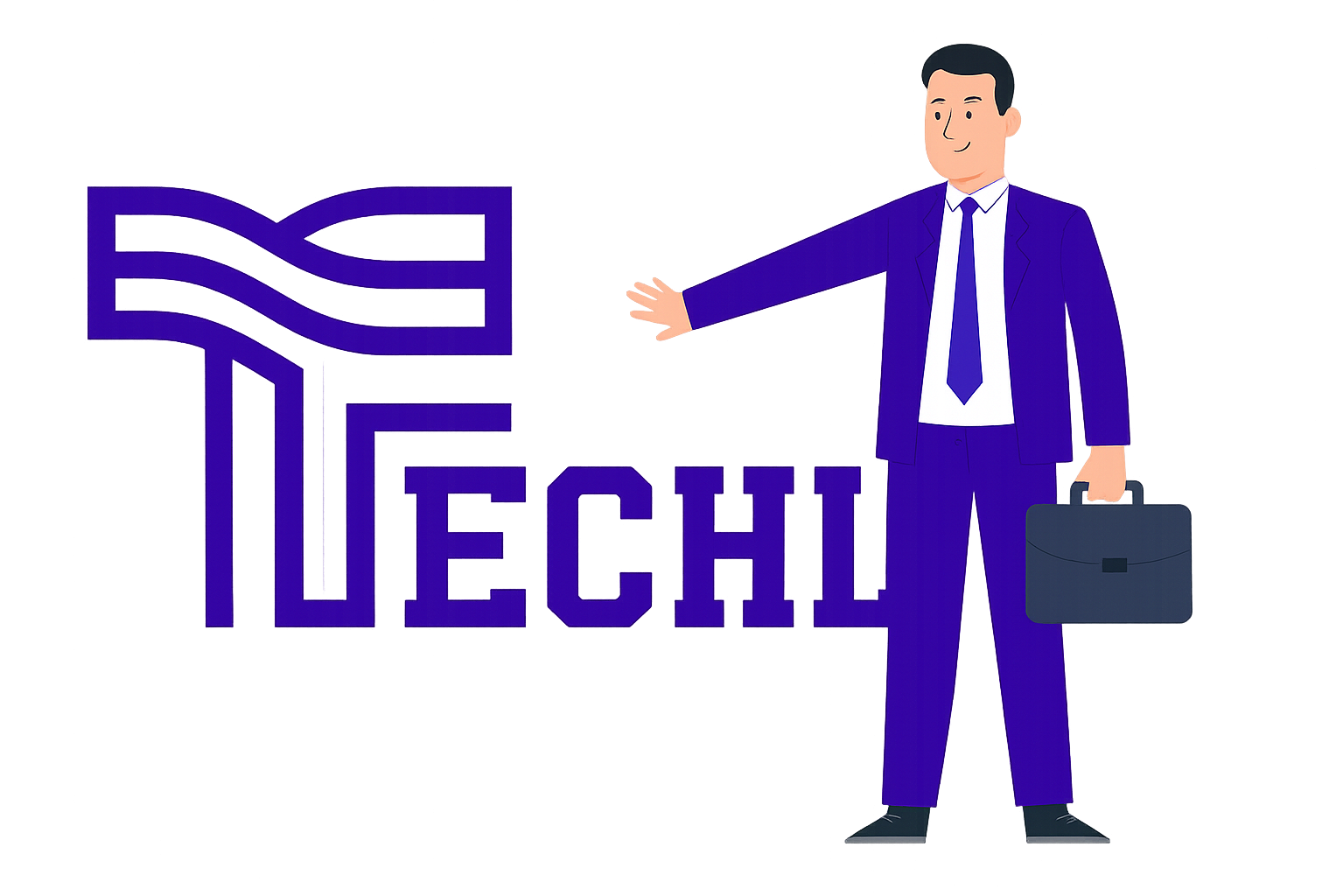







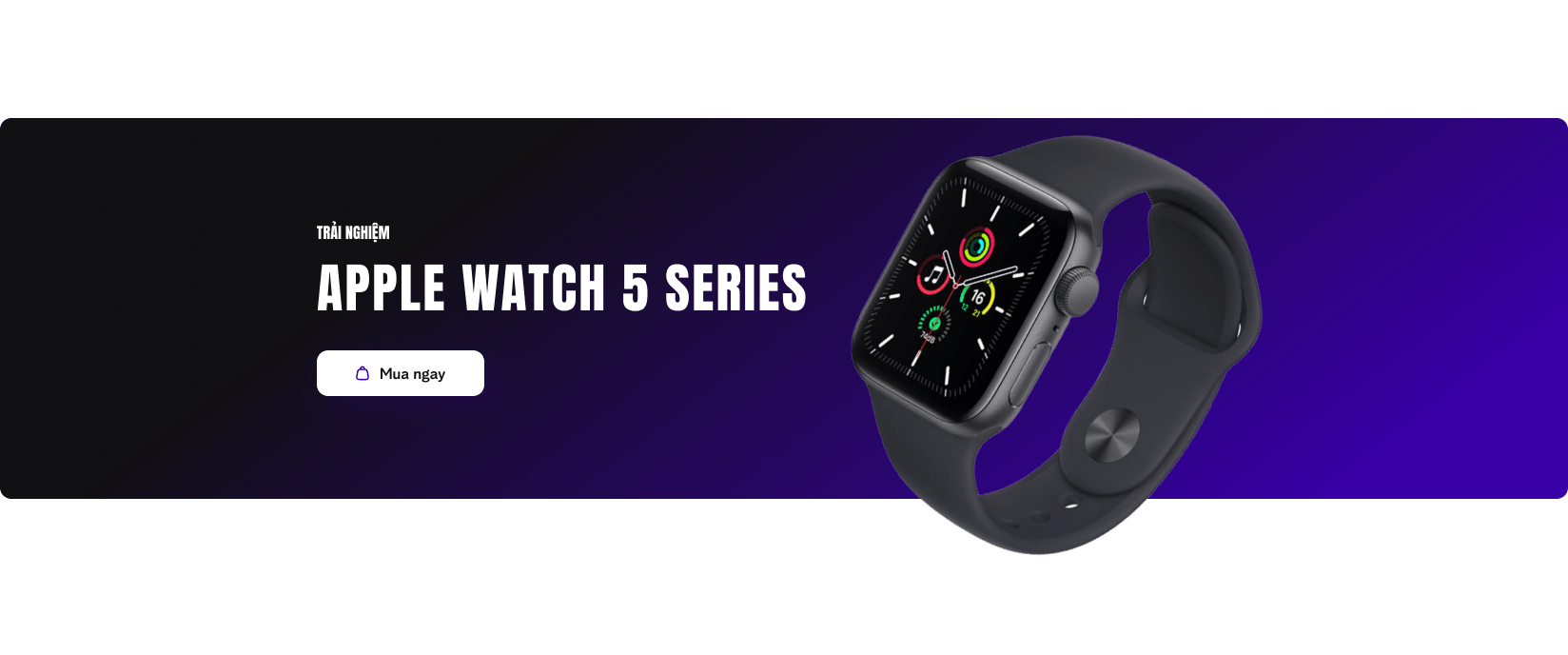



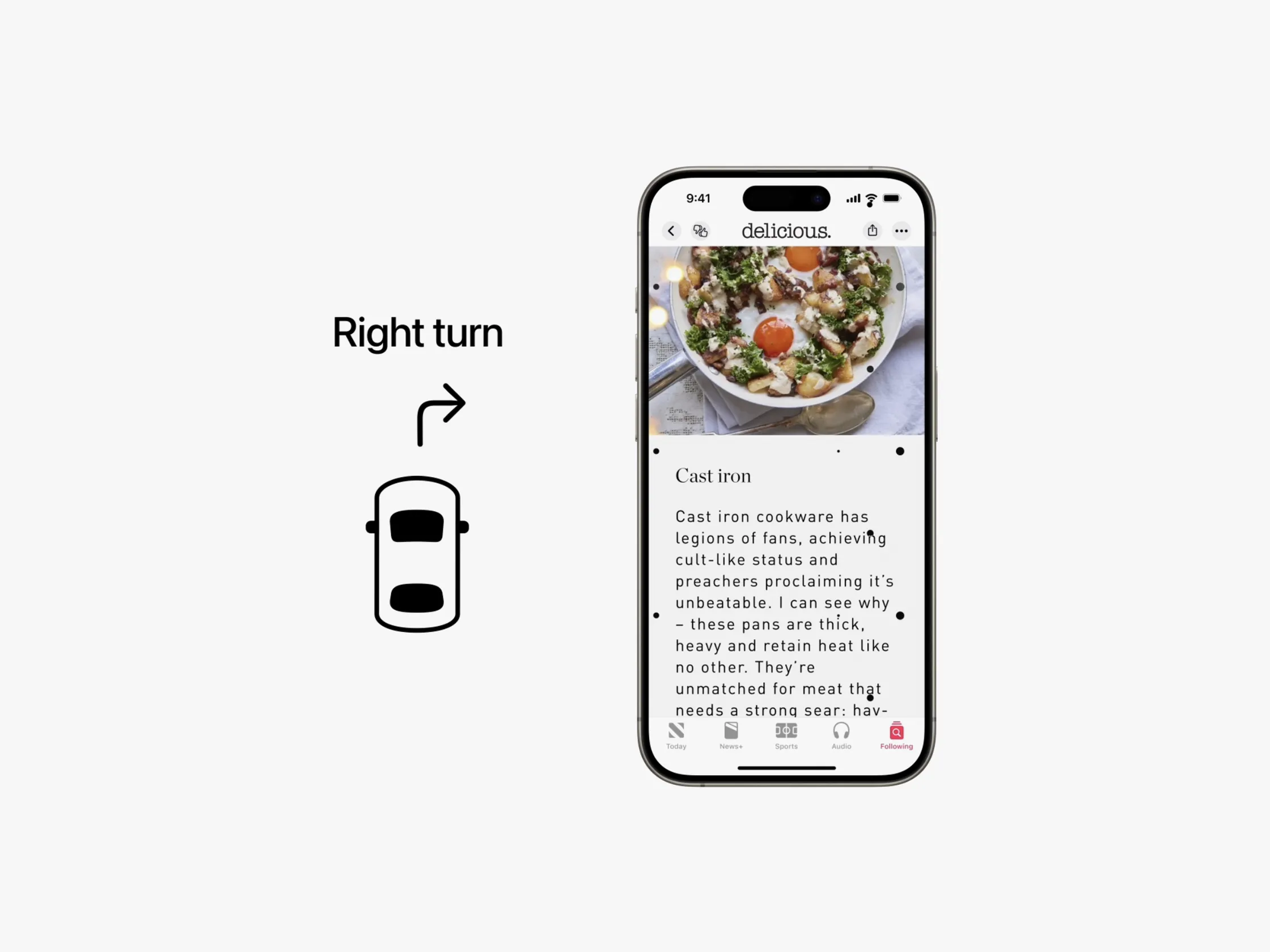
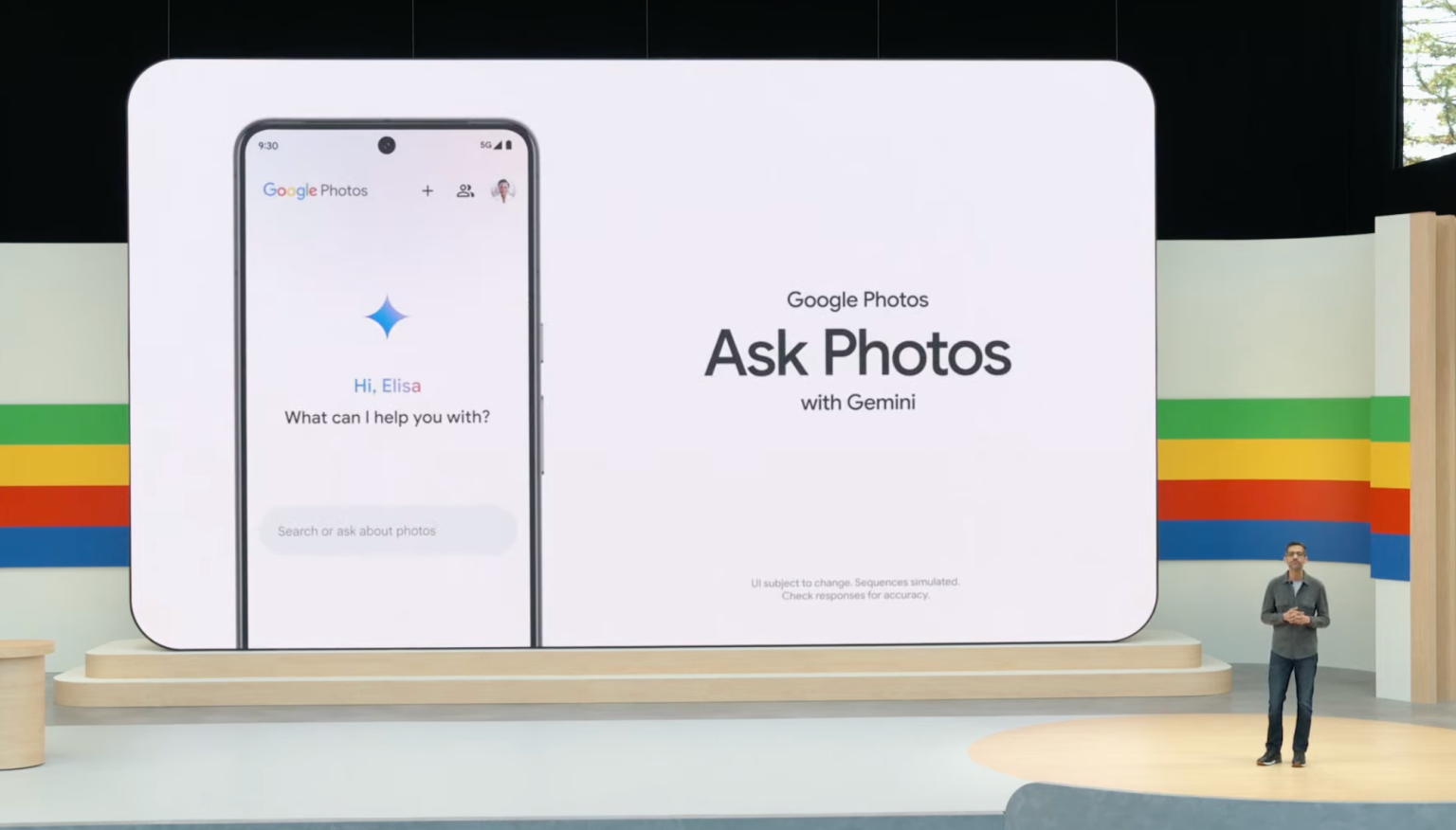


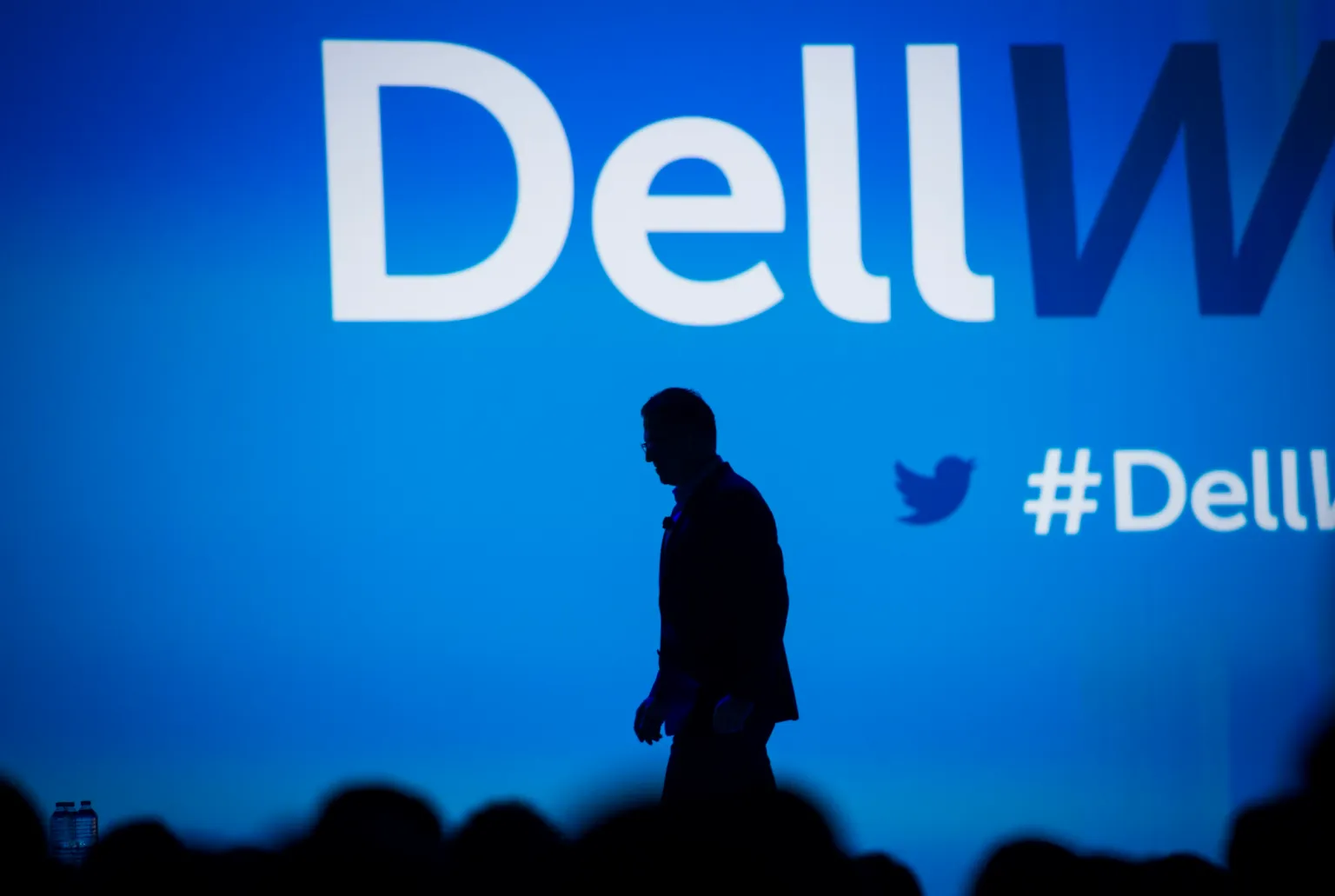

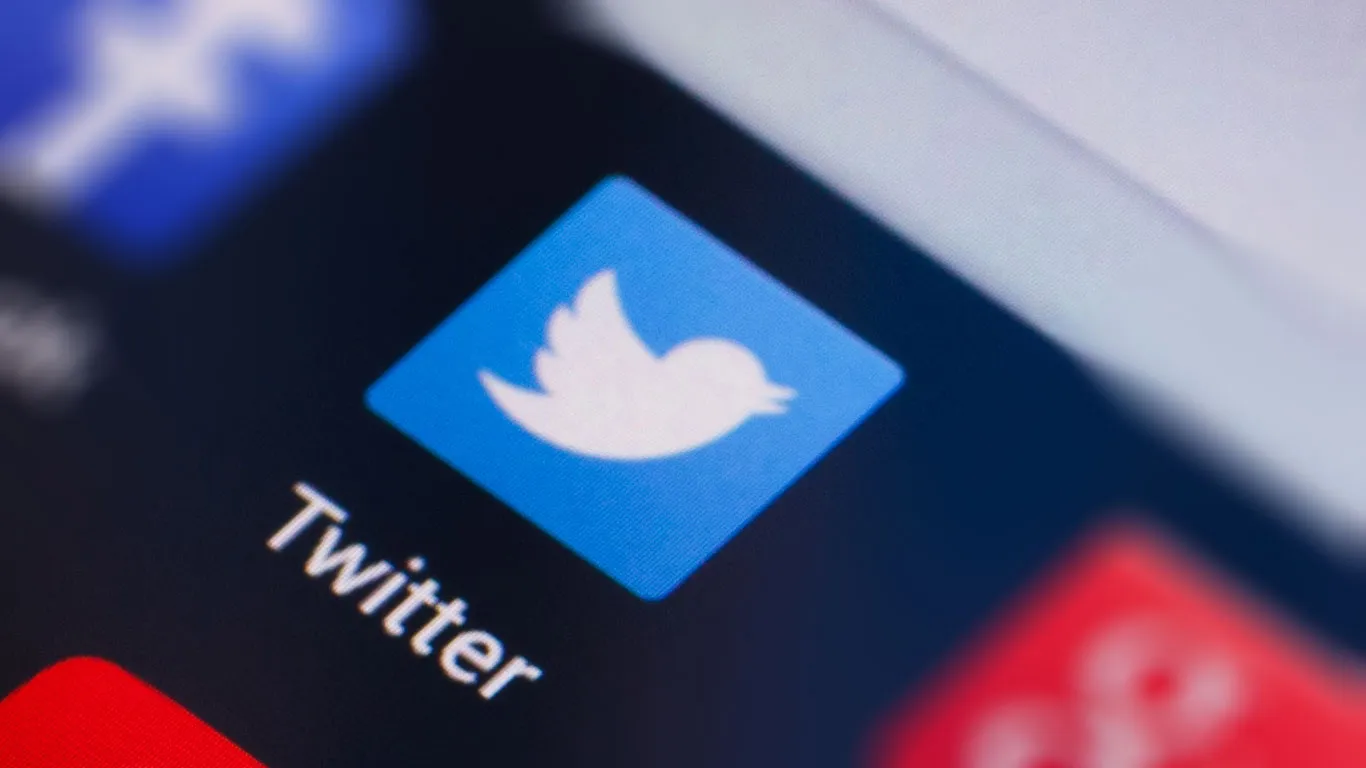

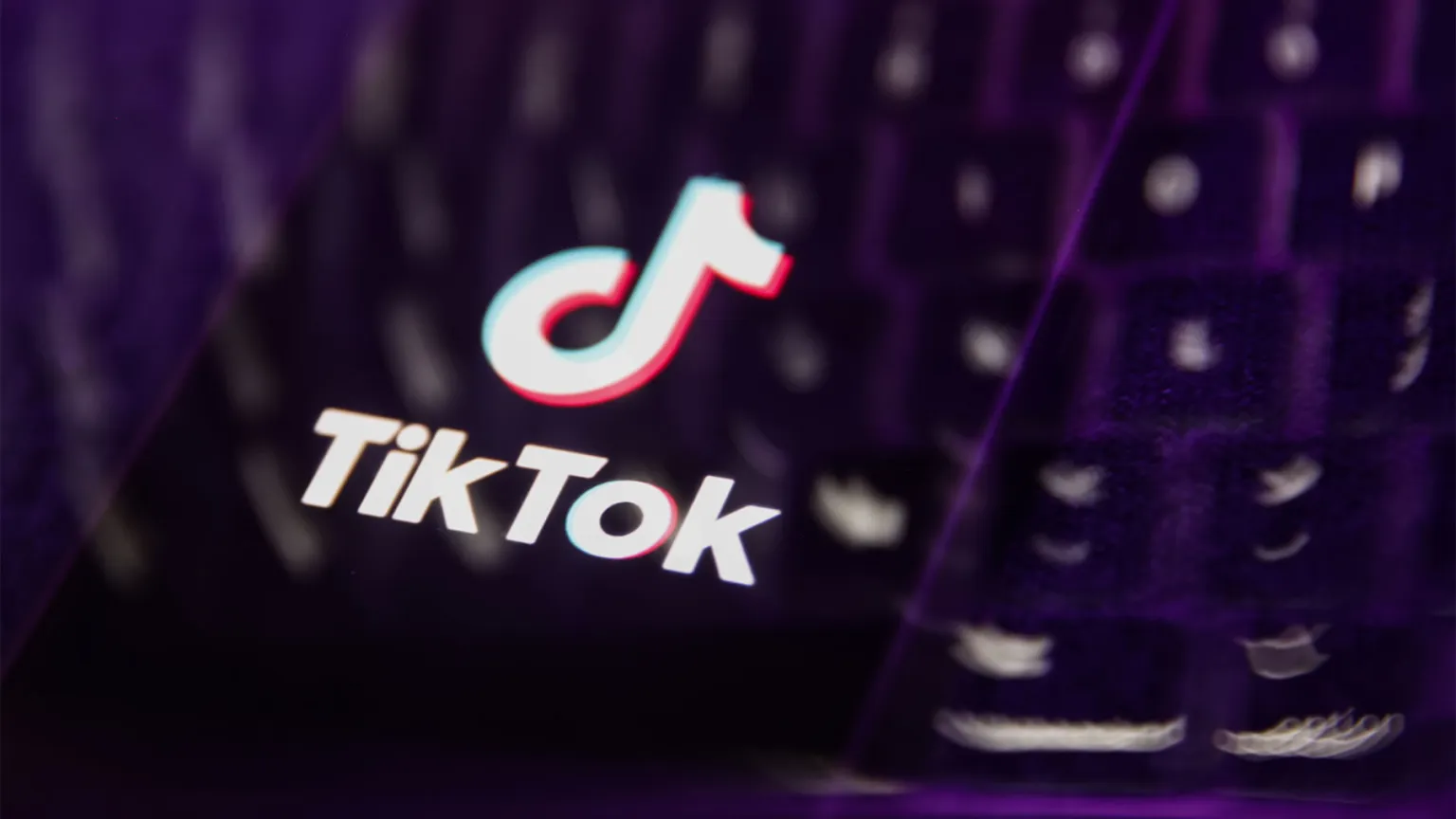
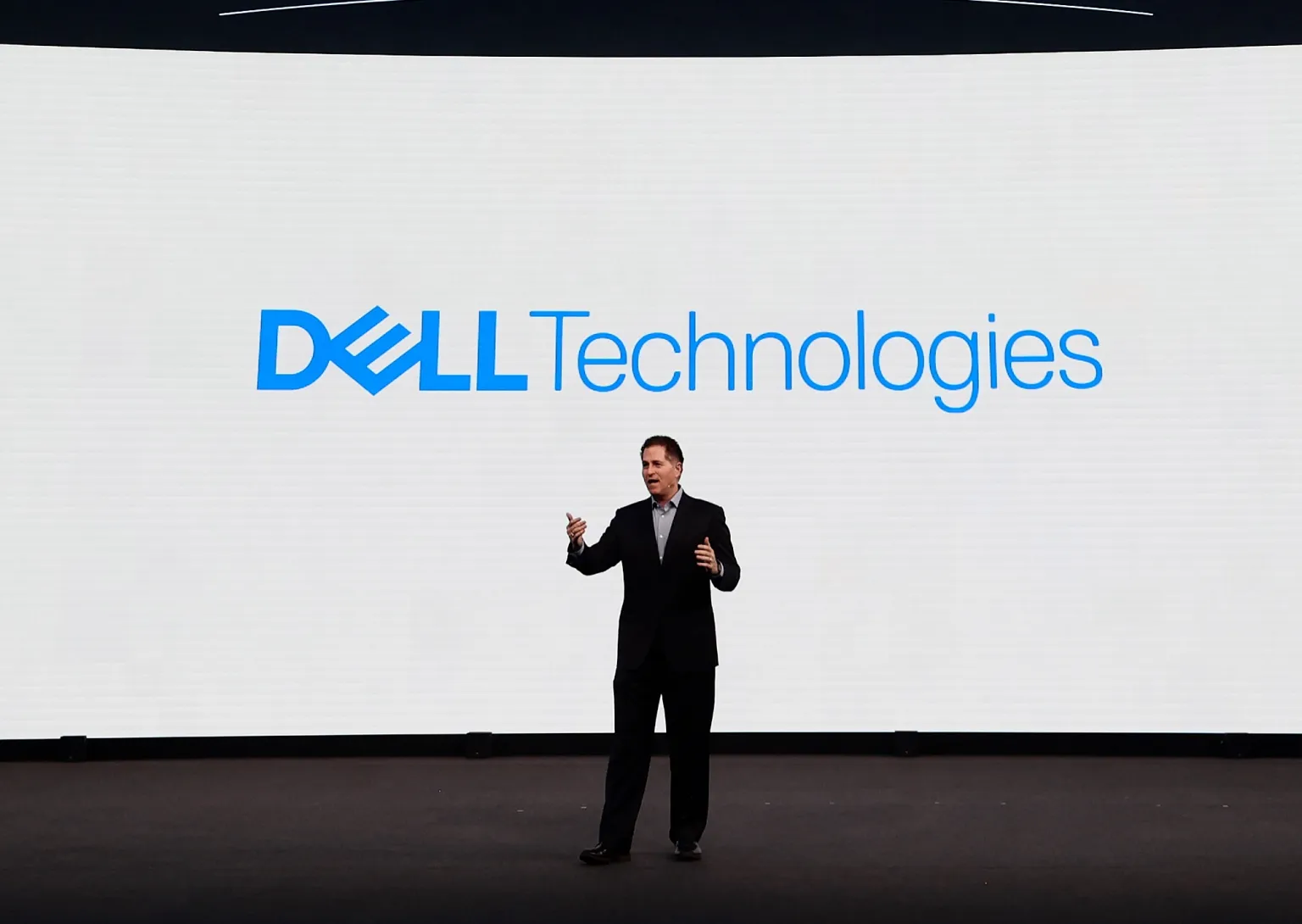



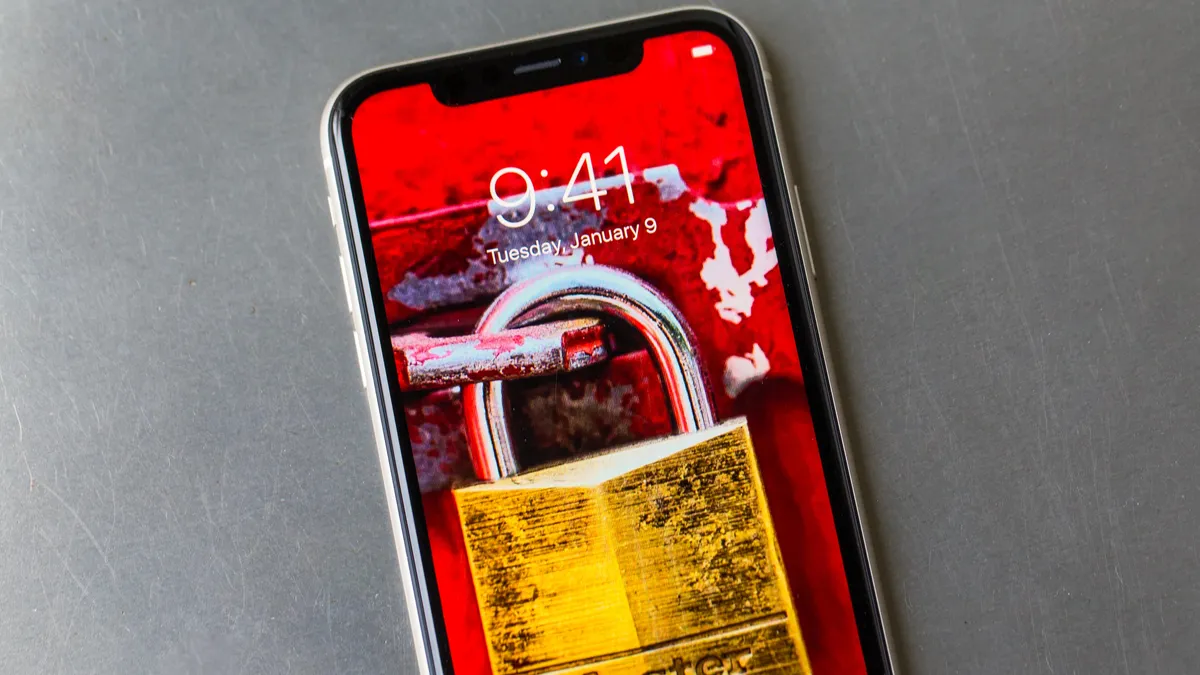
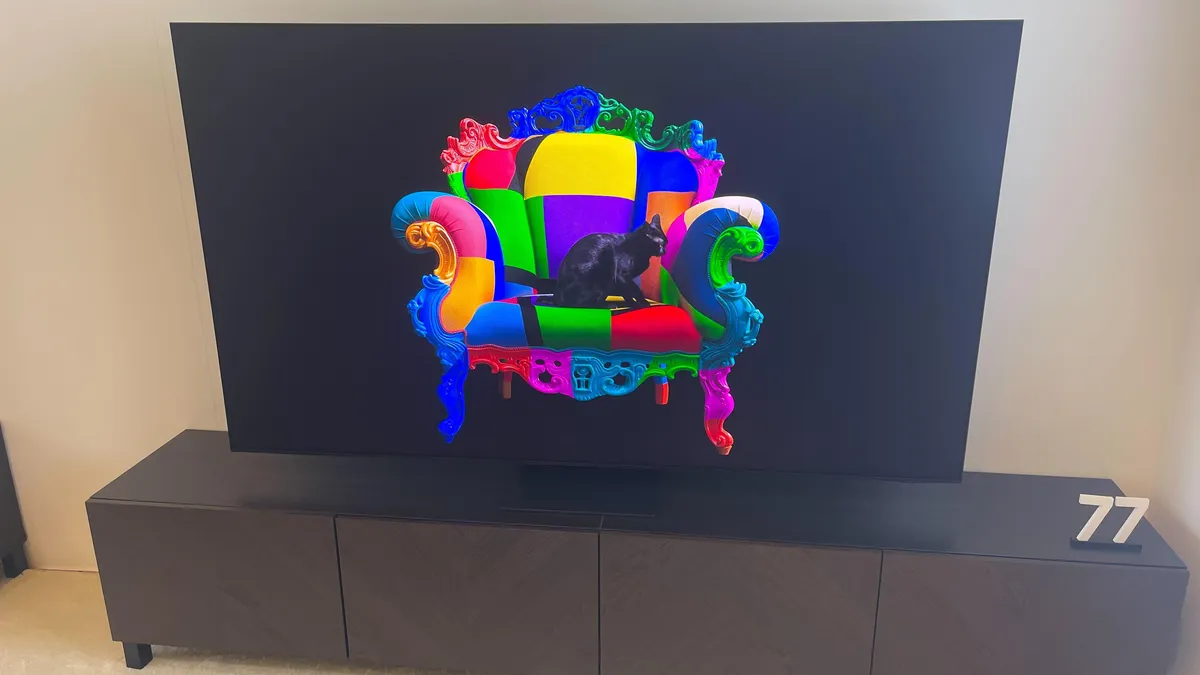

Nhận xét (1)